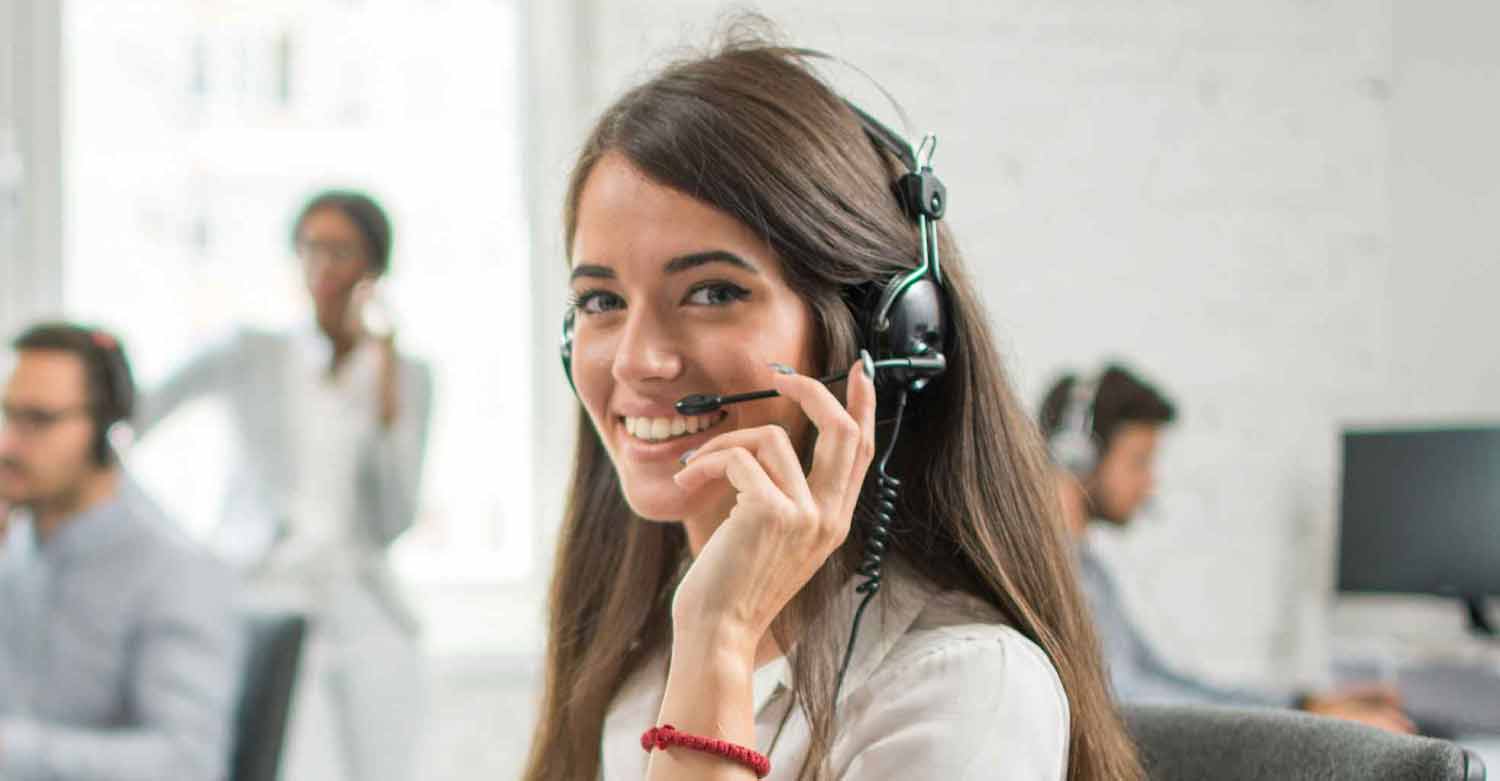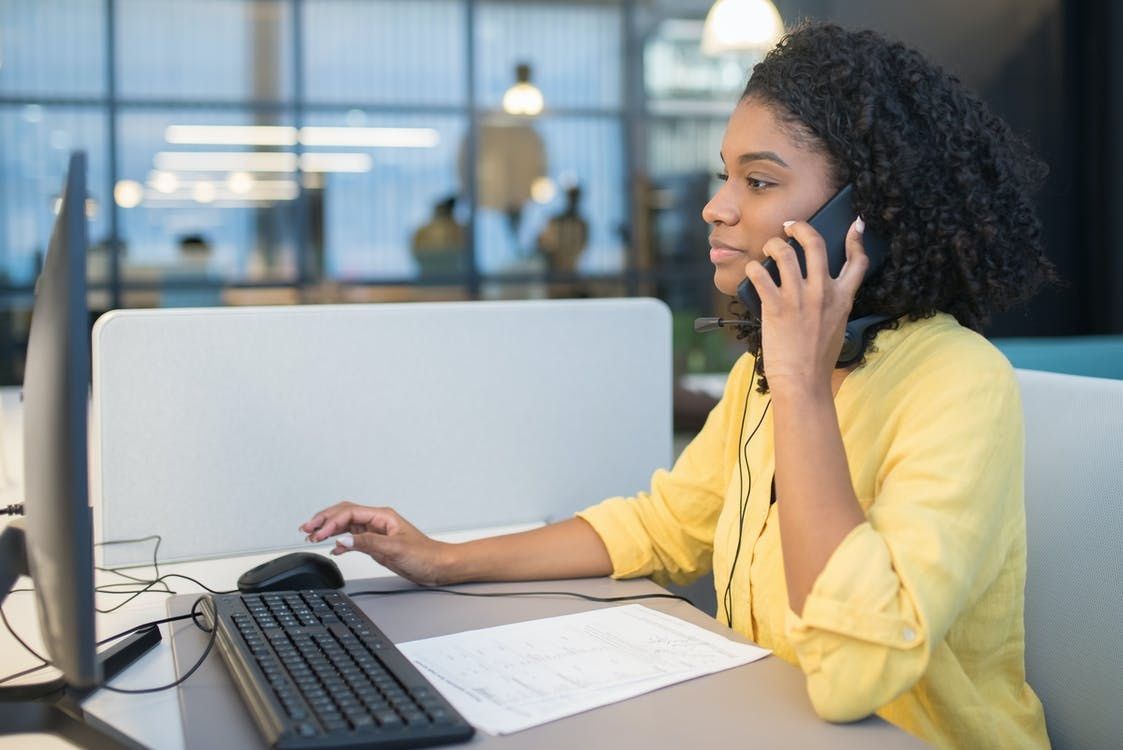All Categories
Featured
Table of Contents
- – What Is The Best A Complete Guide For Using Aut...
- – Who Is The Best How Much Does An Answering Ser...
- – What Is The Best Telephone Answering Service: ...
- – What Is The Best Automated Business Phone Ans...
- – Who Is The Best Virtual Receptionist (Live Ph...
- – What Is The Best What To Look For In A Phone...
What Is The Best A Complete Guide For Using Automated Answering Systems And Why
This gadget and its successors were created by Sava Jacobson, an electrical engineer with a private consulting organization. While early answering machines used magnetic tape innovation, many modern equipment uses strong state memory storage; some devices use a mix of both, with a solid-state circuit for the outgoing message and a cassette for the incoming messages.
"toll saving" listed below) (telephone answering service). This is beneficial if the owner is screening calls and does not wish to talk with all callers. In any case after going, the calling party must be informed about the call having been answered (in many cases this starts the charging), either by some remark of the operator, or by some welcoming message of the little bit, or addressed to non-human callers (e.
This holds especially for the TADs with digitally saved welcoming messages or for earlier makers (before the rise of microcassettes) with a special limitless loop tape, separate from a second cassette, committed to recording. There have actually been answer-only devices with no recording capabilities, where the welcoming message had to notify callers of a state of present unattainability, or e (virtual telephone answering service).
Who Is The Best How Much Does An Answering Service Cost In 2023? Service?

about schedule hours. In recording Littles the greeting generally consists of an invitation to leave a message "after the beep". An answering device that utilizes a microcassette to tape-record messages On a dual-cassette answerphone, there is an outgoing cassette, which after the specified number of rings plays a pre-recorded message to the caller.

Single-cassette answering makers consist of the outgoing message at the beginning of the tape and inbound messages on the staying area. They initially play the announcement, then fast-forward to the next offered area for recording, then tape-record the caller's message. If there are lots of previous messages, fast-forwarding through them can trigger a significant hold-up.
This beep is frequently described in the greeting message, requesting that the caller leave a message "after the beep". TADs with digital storage for the tape-recorded messages do not reveal this delay, of course. A little bit might use a remote control facility, whereby the answerphone owner can call the home number and, by going into a code on the remote telephone's keypad, can listen to tape-recorded messages, or delete them, even when away from house.
What Is The Best Telephone Answering Service: What It Is And Why It Isn't Enough To Buy Now

Thus the machine increases the number of rings after which it answers the call (typically by two, resulting in four rings), if no unread messages are currently stored, however responses after the set number of rings (usually 2) if there are unread messages. This enables the owner to find out whether there are messages waiting; if there are none, the owner can hang up the phone on the, e.
Some devices also permit themselves to be remotely triggered, if they have actually been changed off, by calling and letting the phone ring a specific big number of times (usually 10-15). Some service providers abandon calls already after a smaller number of rings, making remote activation impossible. In the early days of TADs an unique transmitter for DTMF tones (dual-tone multi-frequency signalling) was regionally required for remote control, since the previously utilized pulse dialling is not apt to convey appropriate signalling along an active connection, and the dual-tone multi-frequency signalling was implemented stepwise.
Any inbound call is not recognizable with regard to these homes in advance of going "off hook" by the terminal devices. So after going off hook the calls must be switched to suitable devices and only the voice-type is instantly available to a human, however possibly, nonetheless should be routed to a LITTLE (e.
What Is The Best Automated Business Phone Answering System
What if I told you that you do not need to actually get your device when addressing a client call? Another person will. So practical, right? Responding to telephone call does not need somebody to be on the other end of the line. Effective automated phone systems can do the trick just as effectively as a live representative and sometimes even better.
An automated answering service or interactive voice action system is a phone system that interacts with callers without a live person on the line - local phone answering service. When business use this technology, customers can get the response to a concern about your business just by utilizing interactions set up on a pre-programmed call flow.
Although live operators upgrade the client service experience, lots of calls do not require human interaction. An easy documented message or guidelines on how a customer can recover a piece of information generally fixes a caller's immediate need - virtual telephone answering service. Automated answering services are a simple and reliable way to direct incoming calls to the best individual.
Who Is The Best Virtual Receptionist (Live Phone Answering Service) Provider In My Area
Notification that when you call a company, either for assistance or item query, the very first thing you will hear is a pre-recorded voice greeting and a series of choices like press 1 for client service, press 2 for questions, and so on. The pre-recorded alternatives branch out to other choices depending upon the customer's selection.
The phone tree system assists direct callers to the best individual or department utilizing the keypad on a smart phone. In some instances, callers can utilize their voices. It's worth noting that auto-attendant alternatives aren't restricted to the 10 numbers on a phone's keypad. Once the caller has selected their first option, you can create a multi-level auto-attendant that utilizes sub-menus to direct the caller to the ideal type of assistance.
The caller does not need to interact with an individual if the auto-attendant phone system can manage their concern. The automatic service can route callers to an employee if they reach a "dead end" and need help from a live agent. It is pricey to employ an operator or executive assistant.
What Is The Best What To Look For In A Phone Answering Service For Your ... For The Money
Automated answering services, on the other hand, are considerably cheaper and supply substantial cost savings at approximately $200-$420/month. Even if you don't have actually dedicated staff to handle call routing and management, an automated answering service enhances efficiency by enabling your team to concentrate on their strengths so they can more effectively spend their time on the phone.
A sales lead routed to customer support is a lost shot. If a client who has product concerns reaches the incorrect department or gets insufficient responses from well-meaning workers who are less trained to handle a particular type of concern, it can be a cause of aggravation and discontentment. An automated answering system can minimize the variety of misrouted calls, consequently helping your workers make much better use of their phone time while maximizing time in their calendar for other tasks.
With Automated Answering Systems, you can create a customized experience for both your personnel and your callers. Make a recording of your main welcoming, and just update it frequently to reflect what is going on in your organization. You can produce as numerous departments or menu choices as you desire.
Table of Contents
- – What Is The Best A Complete Guide For Using Aut...
- – Who Is The Best How Much Does An Answering Ser...
- – What Is The Best Telephone Answering Service: ...
- – What Is The Best Automated Business Phone Ans...
- – Who Is The Best Virtual Receptionist (Live Ph...
- – What Is The Best What To Look For In A Phone...
Latest Posts
Top Bilingual Answering Service Near Me
Secure Answering Service Pricing Near Me
Receptionist Service
More
Latest Posts
Top Bilingual Answering Service Near Me
Secure Answering Service Pricing Near Me
Receptionist Service